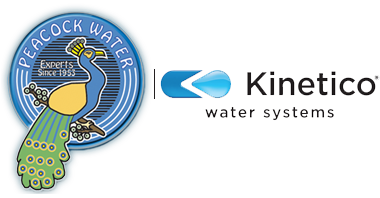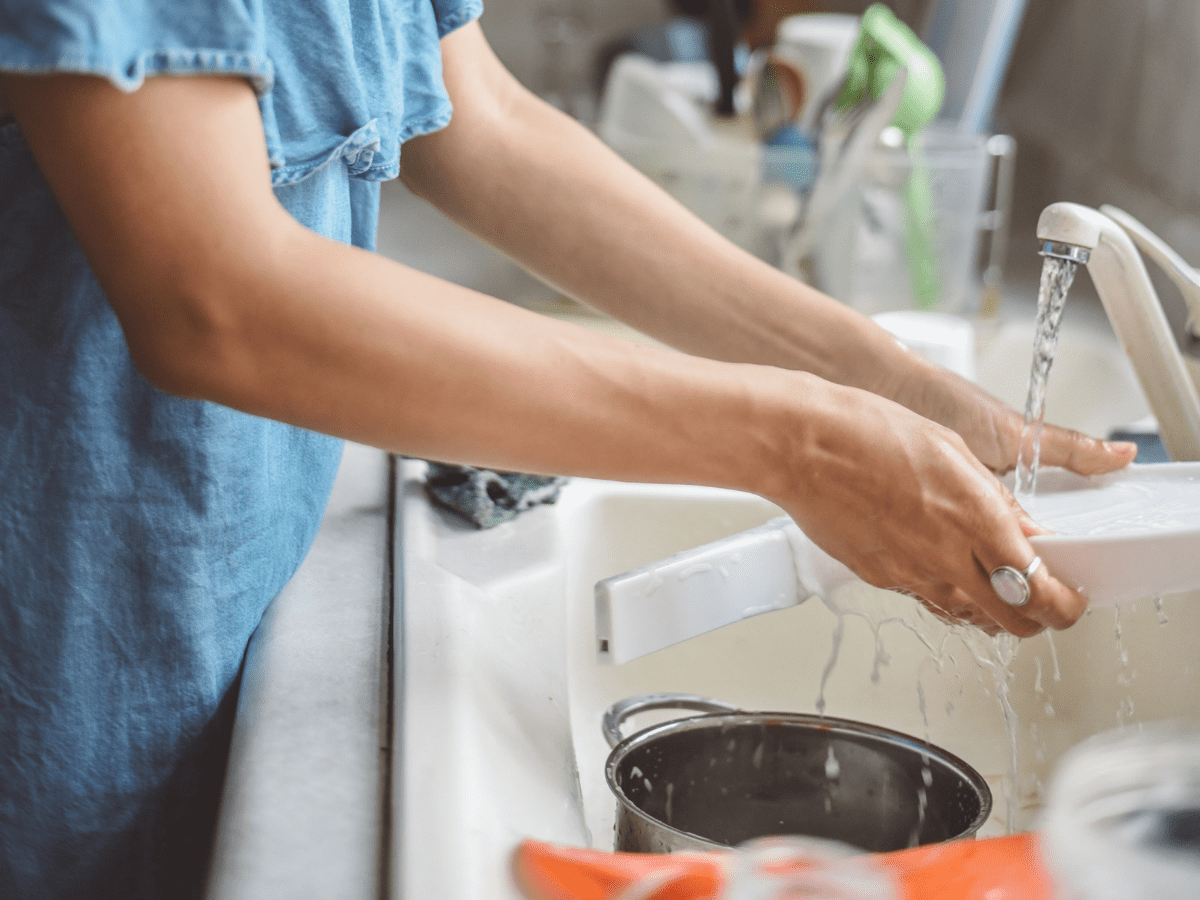Like most people, dishwashing probably isn’t something you look forward to. For this reason, you’ll do whatever it takes to complete this daily chore in the fastest and most efficient way possible.
If you have hard water, your dishes are likely to come out of the dishwasher with a white residue on them. Subsequently, you’re forced to rinse them by hand, which not only takes time but also increases your water bill.
The white powder that you’re seeing is known as hard water scaling, which results from too many minerals (primarily magnesium and calcium) in the water.
Is it a Problem?
In addition to the residue it leaves on your dishes, there are many other ways in which hard water affects your dishwashing and other household chores.
For example, hard water doesn’t allow dish detergent to do its job, thus causing you to rinse and scrub by hand.
Also, hard water can take a toll on your dishwasher, with deposits accumulating in both the appliance itself and pipes. Not only does this reduce the efficiency of every wash cycle, but it also lessens the life span of your dishwasher.
The Best Solution
Rather than continue your struggle with hard water, there’s a simple solution: install a water softener. With this in place, hard water is treated before it comes in contact with your dishes, allowing for a more efficient wash cycle.
Furthermore, a water softener will protect your appliances and plumbing system against damage and costly repairs.
Final Thoughts
If you’re not satisfied with the performance of your dishwasher and come to find that it’s related to hard water, it’s time to consider the installation of a water softener.
Once you add this to your plumbing system, you’ll never again have to worry about hard water impacting your day-to-day life.






